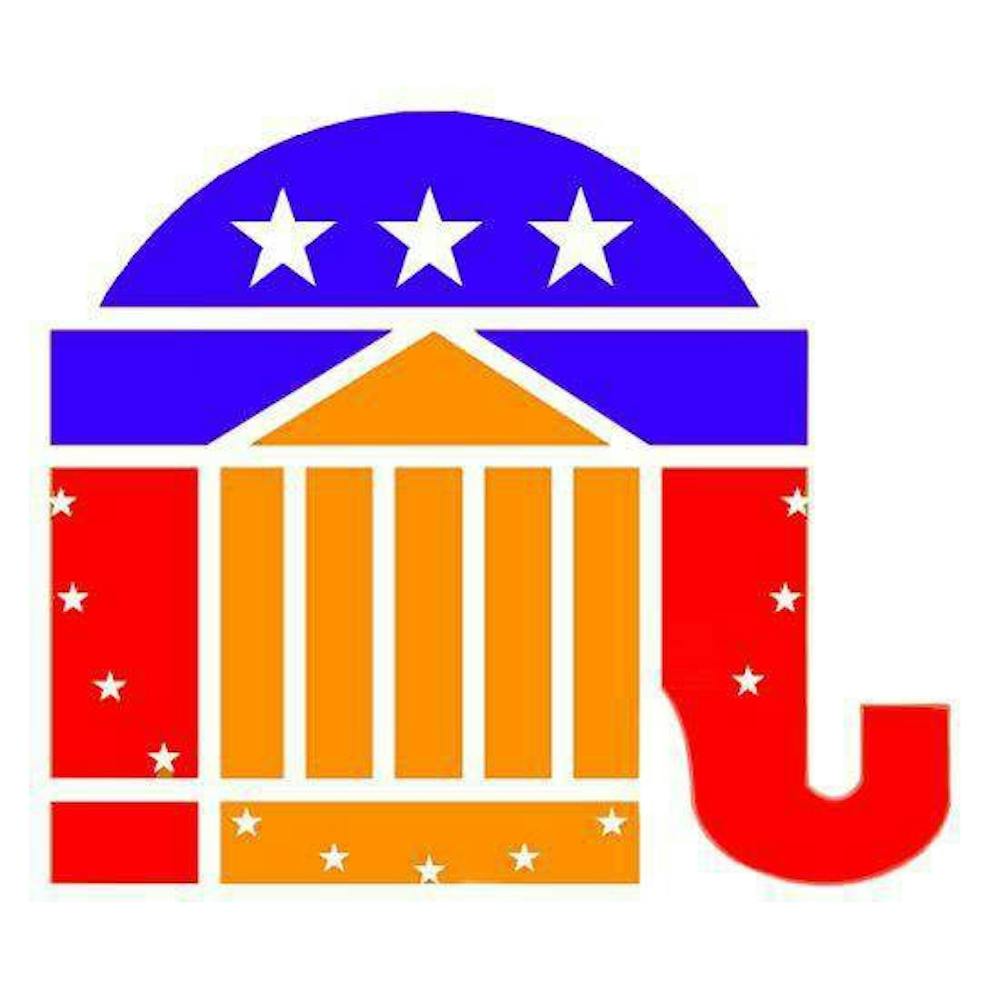Two weeks ago, College Republicans Chair Ali Hiestand criticized Opinion columnist Gray Whisnant for writing a “partisan puff piece” which vilifies conservative voters and impedes a constructive political discourse. Surely, it is not surprising that conservatives would take issue with a column which accuses House Speaker Ryan of posing a “threat to democratic values.” I completely agree with Hiestand’s assertion that such rhetoric merely worsens the current state of partisan animosity. However, her response eschews the inclusive, forward thinking attitude our political system desperately needs in favor of the same emotionally charged partisanship that has caused many to lose interest in politics.
Foremost among Hiestand’s criticisms of Whisnant’s column is the accusation that he makes little effort to empathize with conservative voters. While I agree the latter’s argument seldom considers opposing political viewpoints, the same could easily be said of Hiestand, who barely acknowledged Whisnant’s concerns regarding the Republicans’ policy agenda. At other times, her argument appears either misleading or uninformed. At one point, Hiestand suggests liberals may be willing to resort to legislative obstructionism to oppose Trump’s policies, yet does not acknowledge Republicans used such a tactic throughout the duration of the Obama administration, culminating in the 2013 government shutdown.
Furthermore, Hiestand implores readers to respect the distinction between Donald Trump and the Republican Party at large. However, such a line has become increasingly difficult to demarcate, especially at a time in which the voices of moderates within the party appear to be drowned out by that of party leadership and rank-and-file voters, whom remain willing to support Trump’s presidency.
In part, this is unsurprising. As Fareed Zakaria noted two weeks ago, Trump supporters have long signalled a willingness to tolerate his more eccentric policies (dismissed by some as mere theater) in order to enact long sought policy reforms. Given that these voters were instrumental in Republicans maintaining their hold over the legislative branch, it is hardly surprising that few lawmakers are eager to distance themselves from Trump.
Yet nearly five weeks into his presidency — a period of time during which Trump has brazenly criticized U.S. strategic allies, enacted an arguably unconstitutional travel ban and blithely responded to an emerging national security crisis in the middle of the packed dining room of his Mar-a-Lago resort — 86 percent of Republicans approve of the way Trump has been running the country. Surely, it is not difficult to understand how such actions could undermine the United States’ national security and international standing, nor consider the immorality of denying entry to refugees, mostly women and children, on account of their religion. Yet Republican voters do not appear to share such concerns. A recent Gallup poll found 83 percent of Republicans support Trump’s travel ban on seven predominantly Muslim countries and 71 percent approve of indefinitely suspending the United States’ Syrian refugee program.
If anything, Hiestand’s op-ed reminds us of an ever-present problem, which I believe is largely responsible for the current state of our political system. Our political discourse often encourages voters and policymakers alike to eschew nuance and accept over-simplistic narratives that confirm their pre-existing beliefs, regardless of their validity. The Trump administration’s use of “alternative facts” is an obvious example of this habit, though one need only recall Bernie Sanders’ insistence that free trade only benefits wealthy Americans to realize such a tendency is not exclusive to the right. If anything, these instances should prompt us all to re-examine the broad claims and underlying assumptions which influence our political beliefs.
I wholeheartedly agree with Hiestand’s assertion that more voters should make a renewed effort to have constructive conversations with their ideological counterparts — I only wish she would lead by example. Surely someone in her position has a great opportunity to promote such engagement, either through The Cavalier Daily or through co-sponsored events with Democrats and independent voters. Such an opportunity would no doubt be a welcome respite from the divisive, inflammatory rhetoric that has polarized our political system.
Brandon Brooks is an Opinion columnist for the Cavalier Daily. He can be reached at opinion@cavalierdaily.com.







